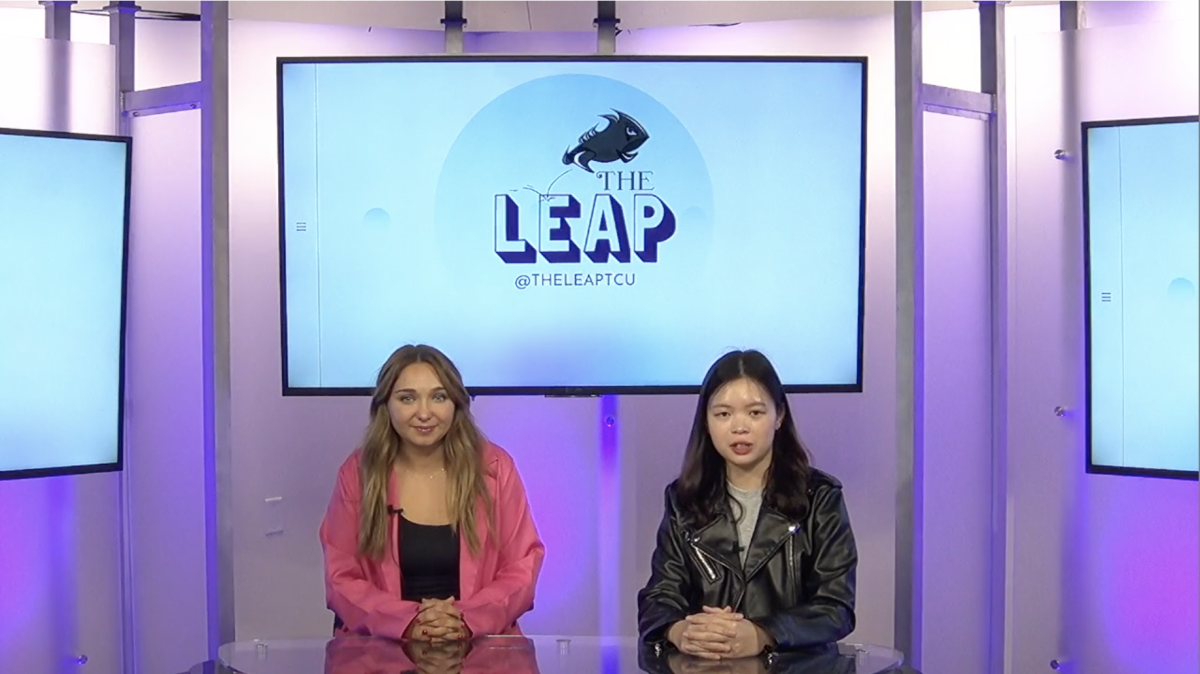Does the educational state of America concern you?
If so, where were you at 7:30 p.m. on Wednesday, April 18? Several hundred students and community members, attended Sir Ken Robinson’s lecture on education and creativity. But there should have been far more people in the audience.
The internationally acclaimed author, innovator, advisor, creator and “educationalist” came to the university last Wednesday to speak on the concepts, problems and perceptions of creativity and innovation in the educational sphere.
The lecture, though more particularly applicable to educators, applied to most everyone. People, at some time in their life, should have a personal concern for education—if not for themselves, for their children.
Creativity is at the center of Robinson’s debate on education.
Robinson, who received his knighthood from Queen Elizabeth II in 2003, pointed out that, contrary to popular belief, creativity is not some concrete, physical interpretation of how one is able to create artwork, paint, and sculpt magnificent sculptures; it is much more than that.
Not only is creativity broader in scope, it is broader in expression and most importantly broad enough to encompass each and every individual, for we are all creative. Creativity is the ability to think or, more importantly, to be allowed to think and wonder, to dream and to question. One can be creative in science, business, art, mathematics and so forth. The problem Robinson discussed was how the public killed creativity.
What do you think of when you think of a factory?
Perhaps a conveyor belt moving identical raw materials and finished products in bunches. This same factory probably serves some specific function, let’s say, creating a sort of electronic system suited for playing music.
At the same time, there will be humans there to sort through the mistakes and correct the errors of the machines by carefully placing materials back into their prospective box. This is the factory model of education.
Robinson explains that while the rest of America has changed, education has remained true to its 20th century ways of producing — yes, producing — students made for specific tasks.
Our current model is built to create accountants, engineers, politicians and the working class, but of course not everyone can be an engineer or politician. This is why, from a particularly early age, students of “certain abilities” are placed at the top. Those of “lower” abilities are placed at the bottom; those in the educational world call this “tracking.” If you are here, at the university, you were probably tracked into the higher grade of students; congratulations!
But what about the rest of the students?
They were hardly given a chance to succeed after elementary school, in middle school they were already put into the lesser classes, with lower quality teachers and with little support to boot; not to mention, these same students probably didn’t have much familial support in regards to educational backing and actual verbal support for higher education. But that’s just something to think about with the current 33 percent dropout rate in the U.S., Robinson said.
“We are living in times of revolution, literally,” he said.
As the world changes, as technology improves and communities evolve, our education system seems to remain the same.
What are you going to do about it?
You could always simply send your child to private school and avoid the matter altogether but what will happen to all of those students who will inevitably fail and drop out of the school system?
Although dropping out of school does not inherently cause crime, many times those who commit crimes, especially serious and violent crimes are high school drop outs.
Students need to become more aware of the educational crises in America and take action, because education is in everyone’s best interests to resolve.
As the great Mohandas “Mahatma” Ghandi once said, “Be the change you wish to see in the world.”
Jonathan L. Davis is a junior political science and psychology double major from Niagara Falls, Ontario.






